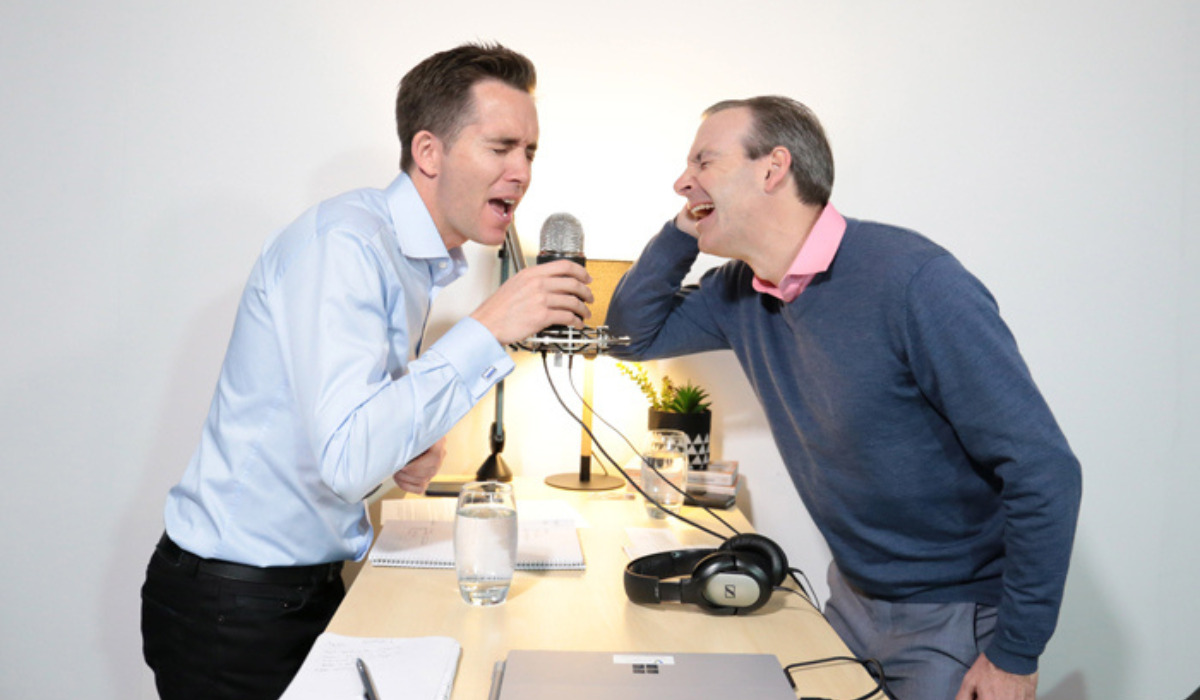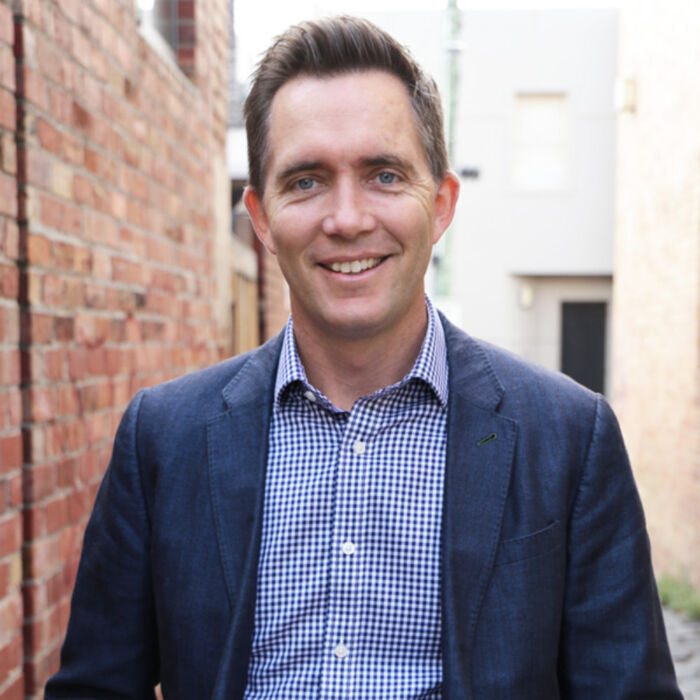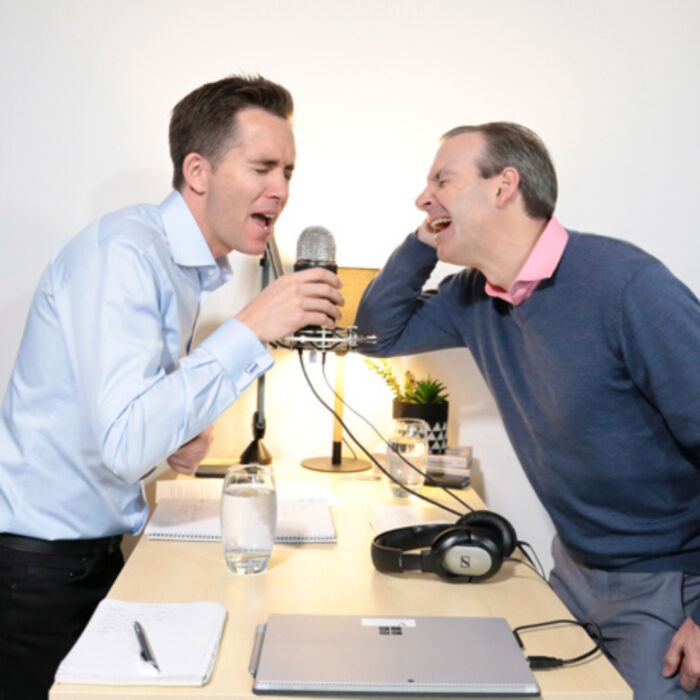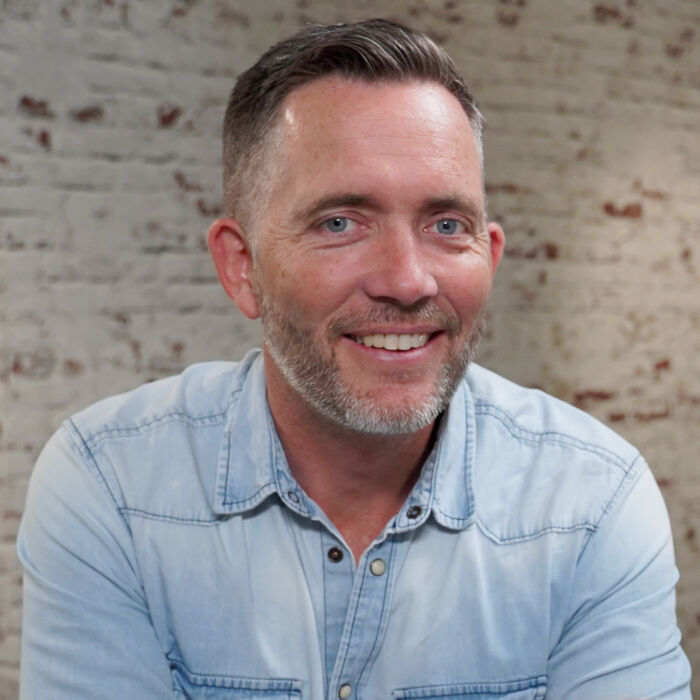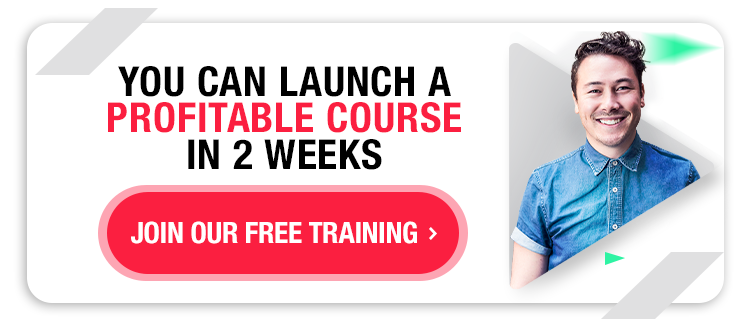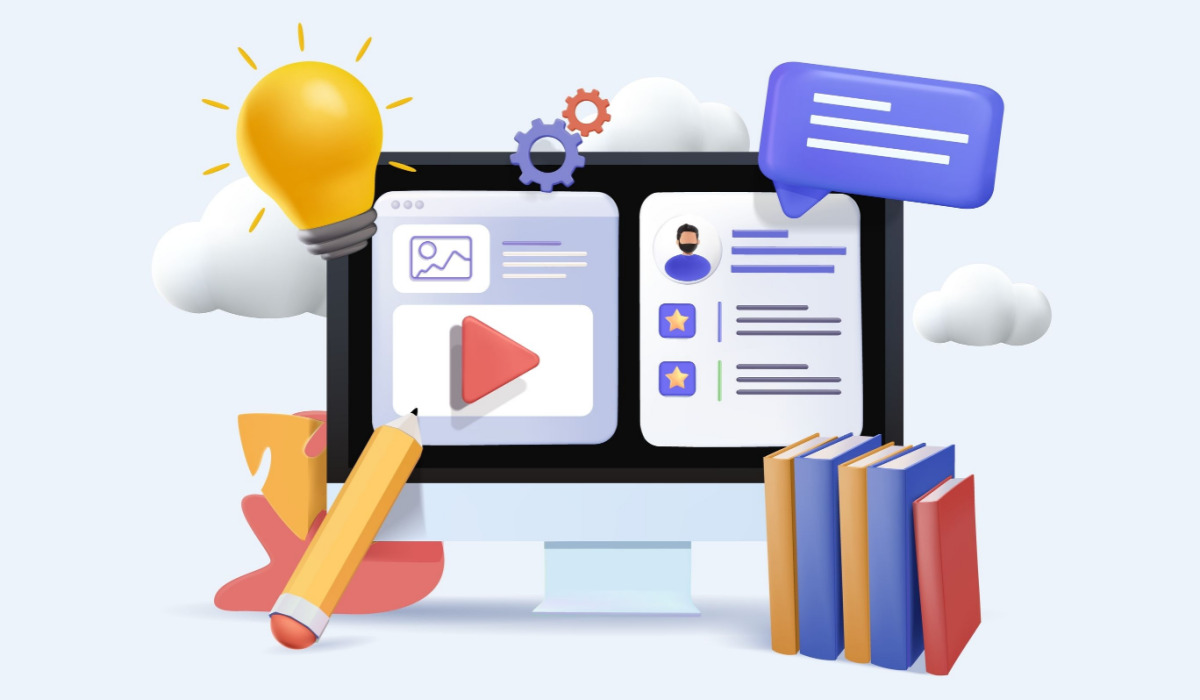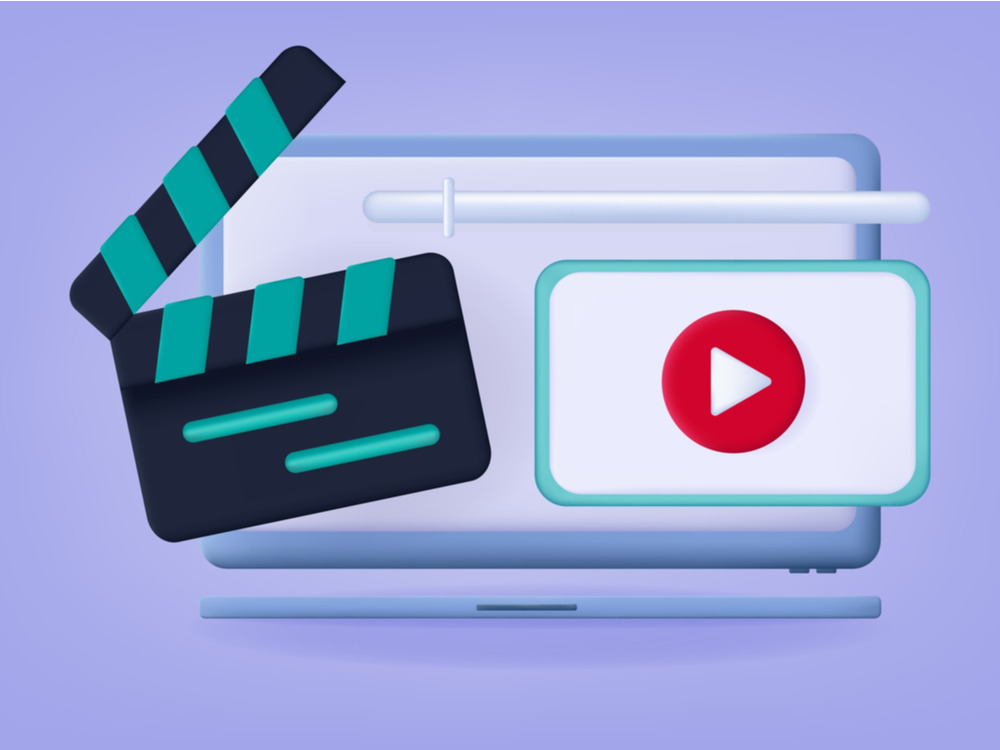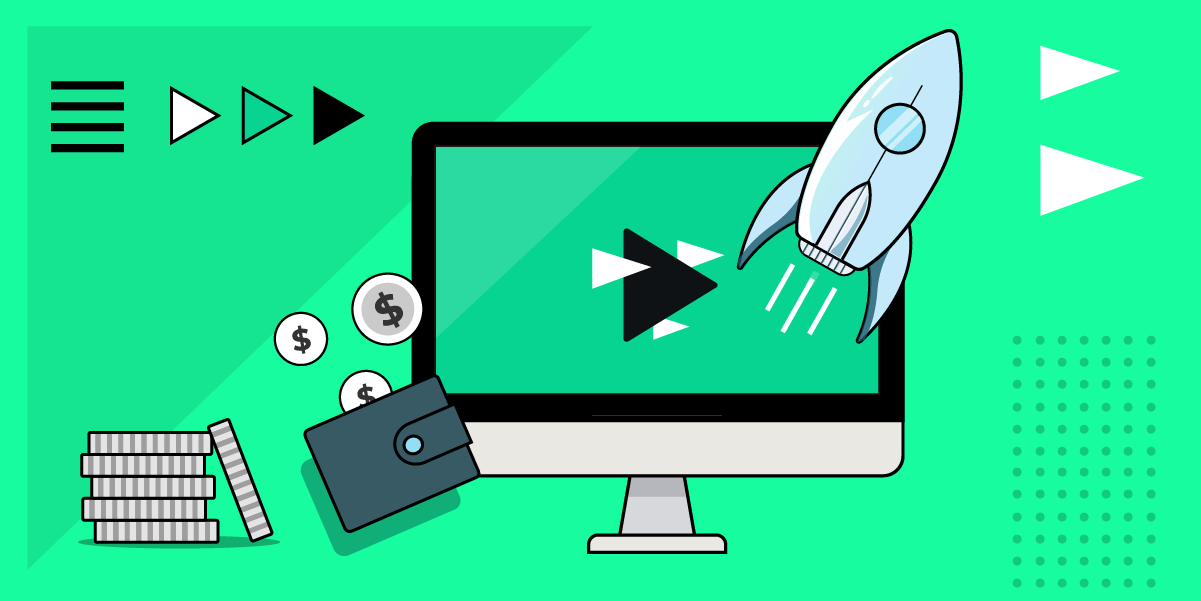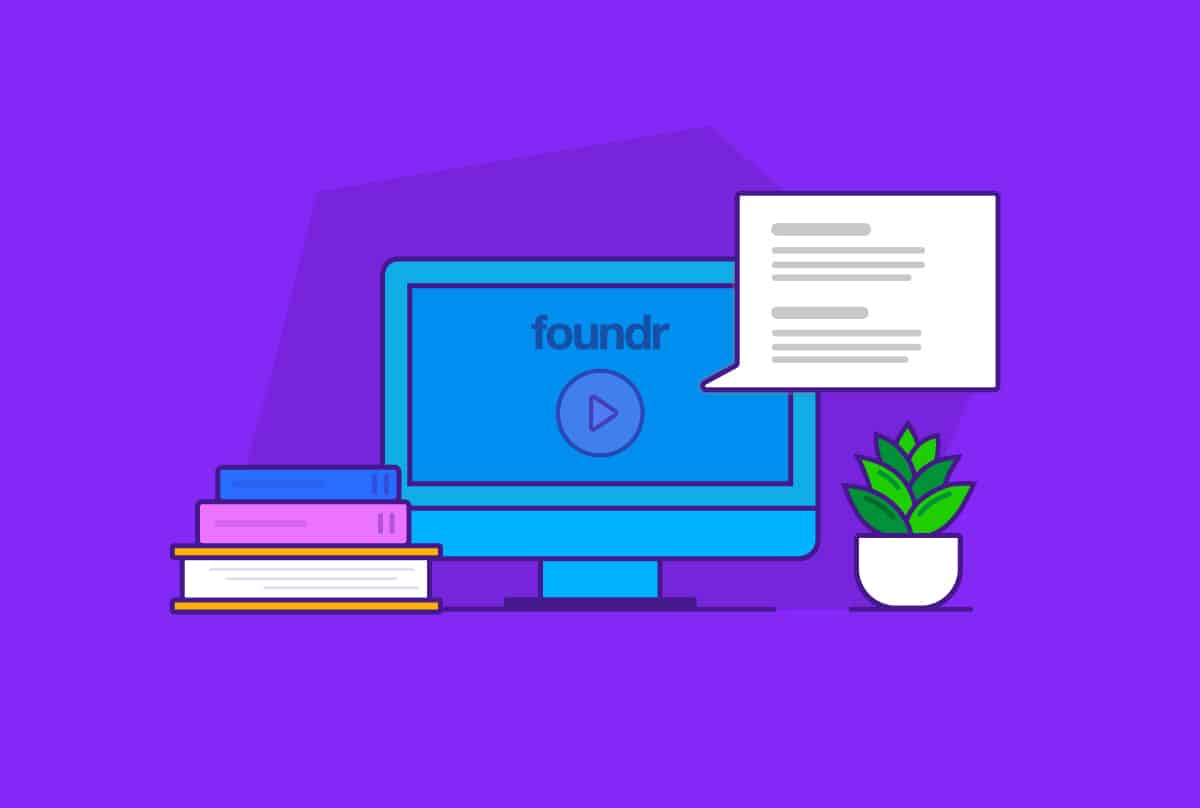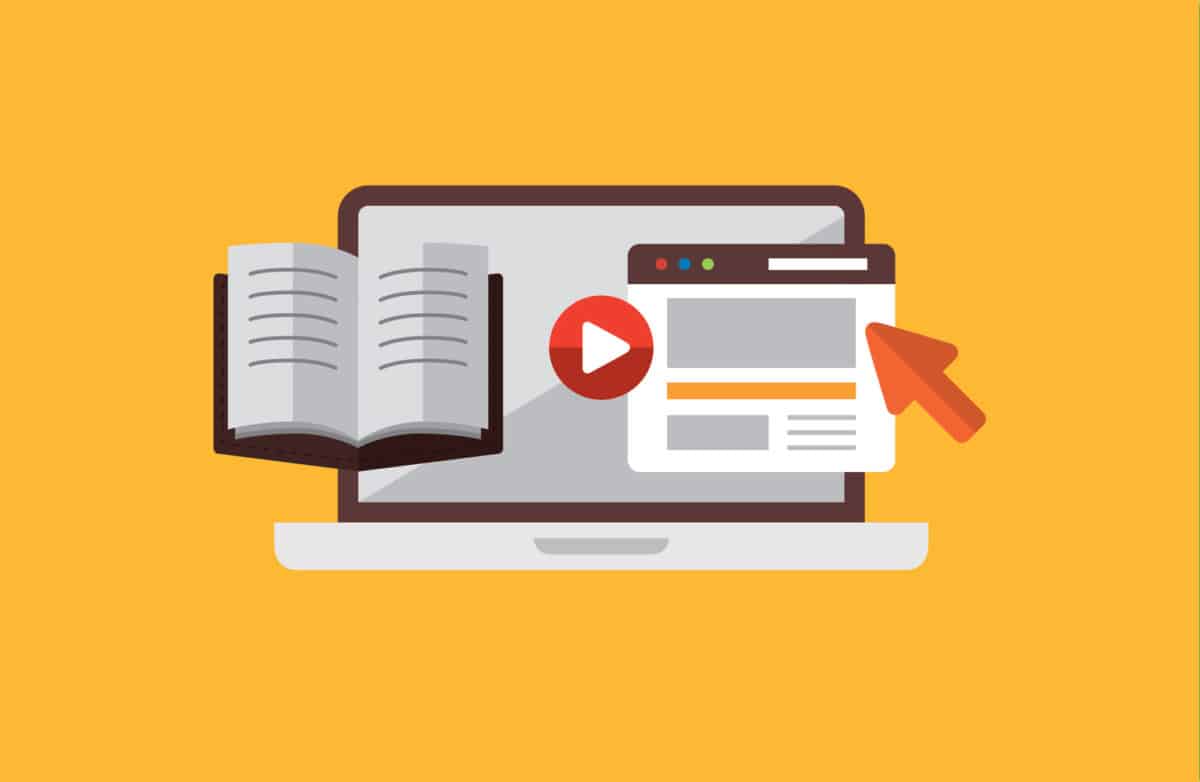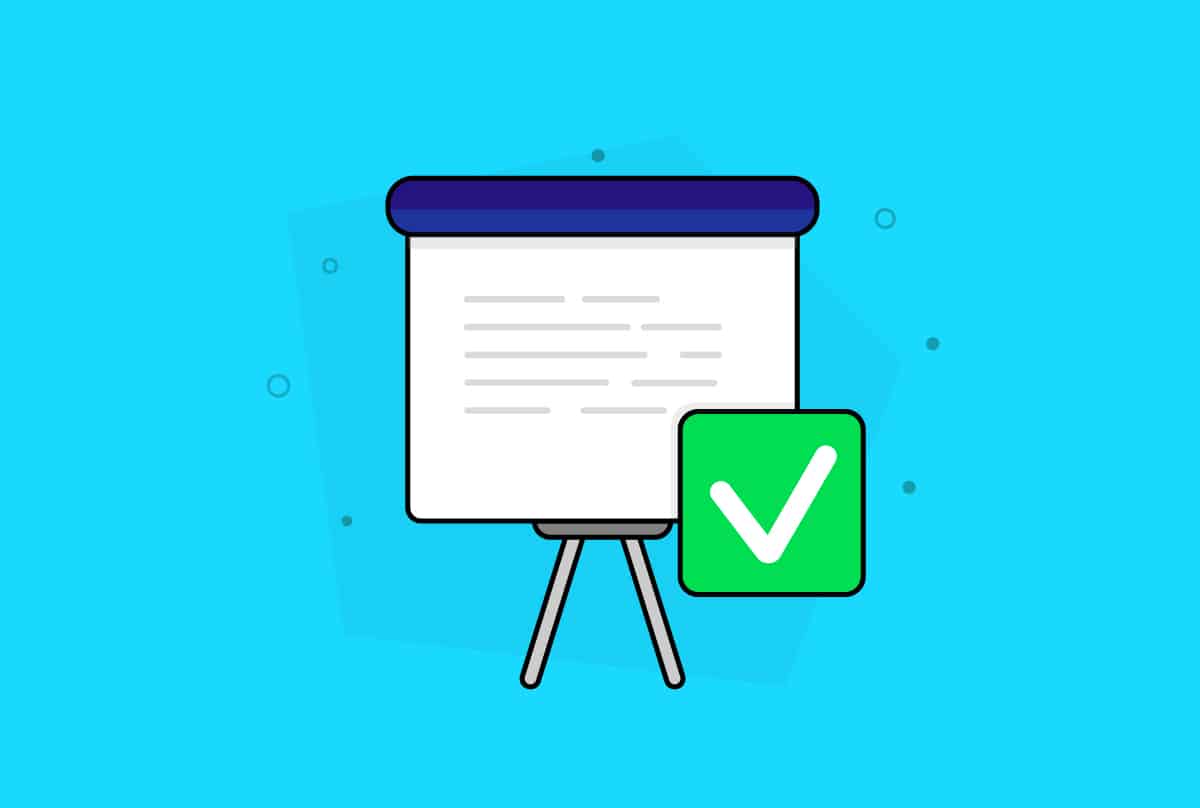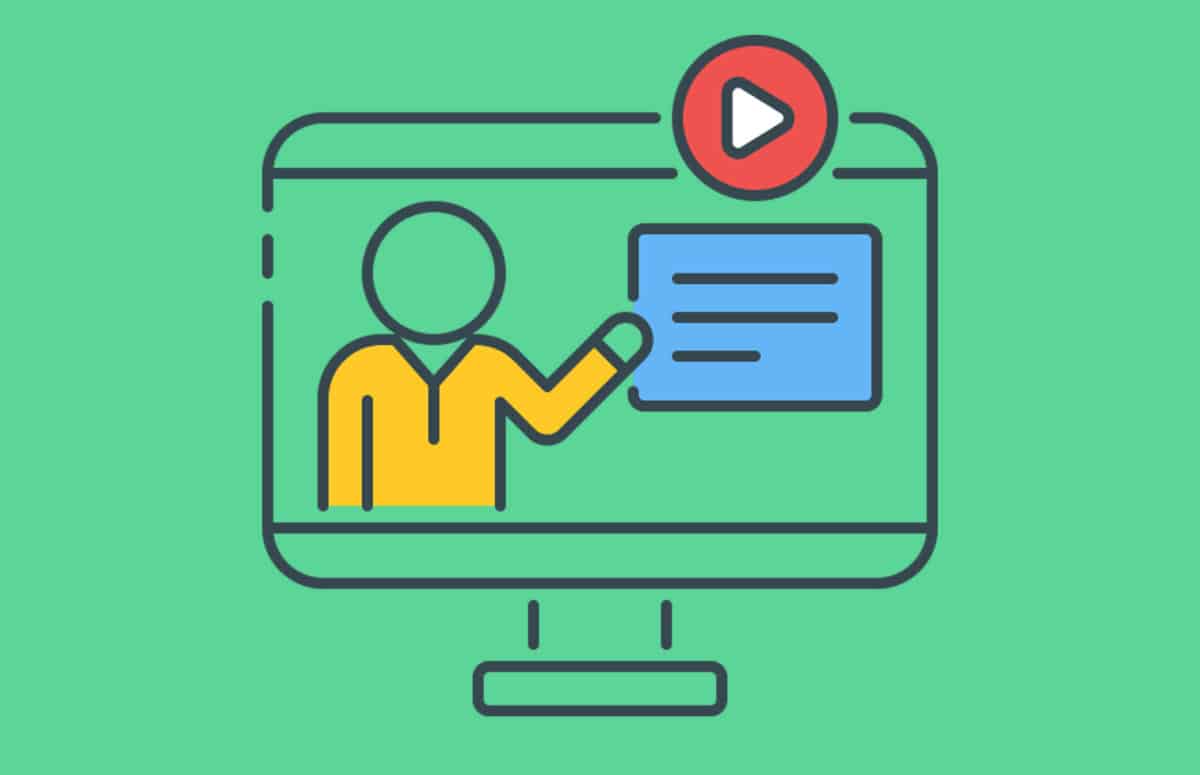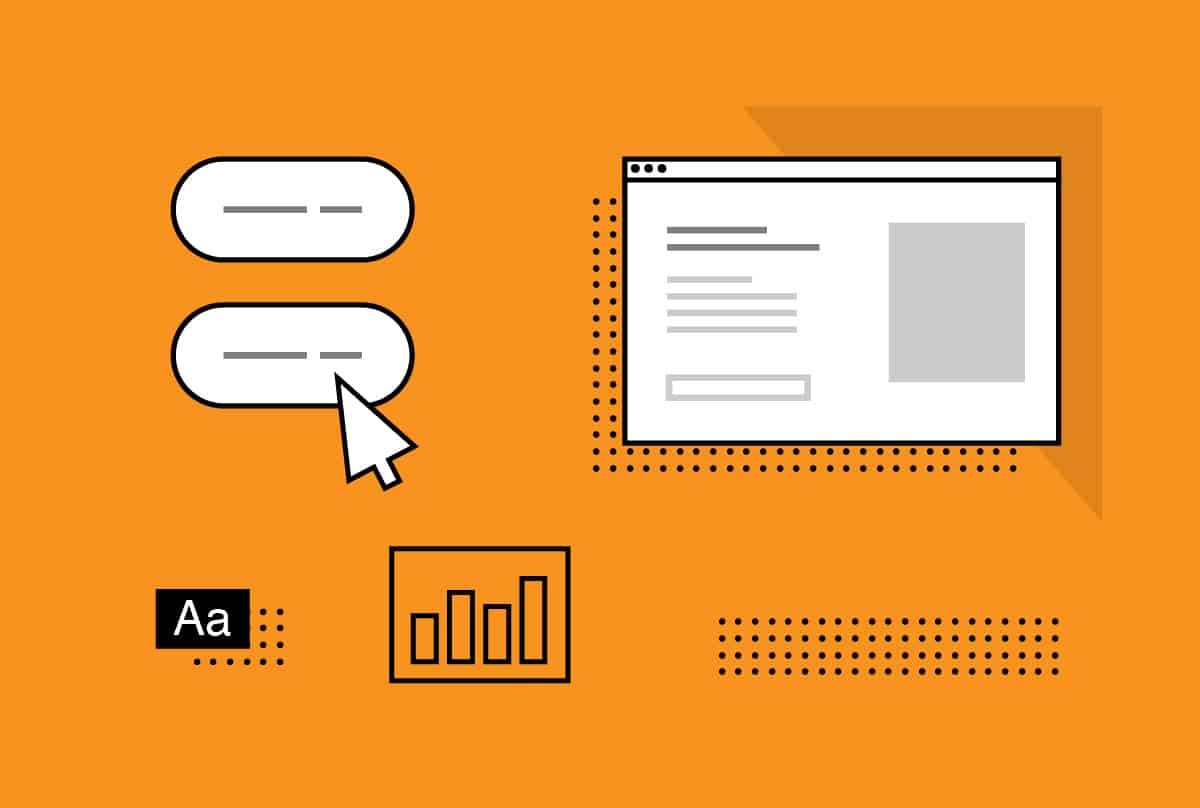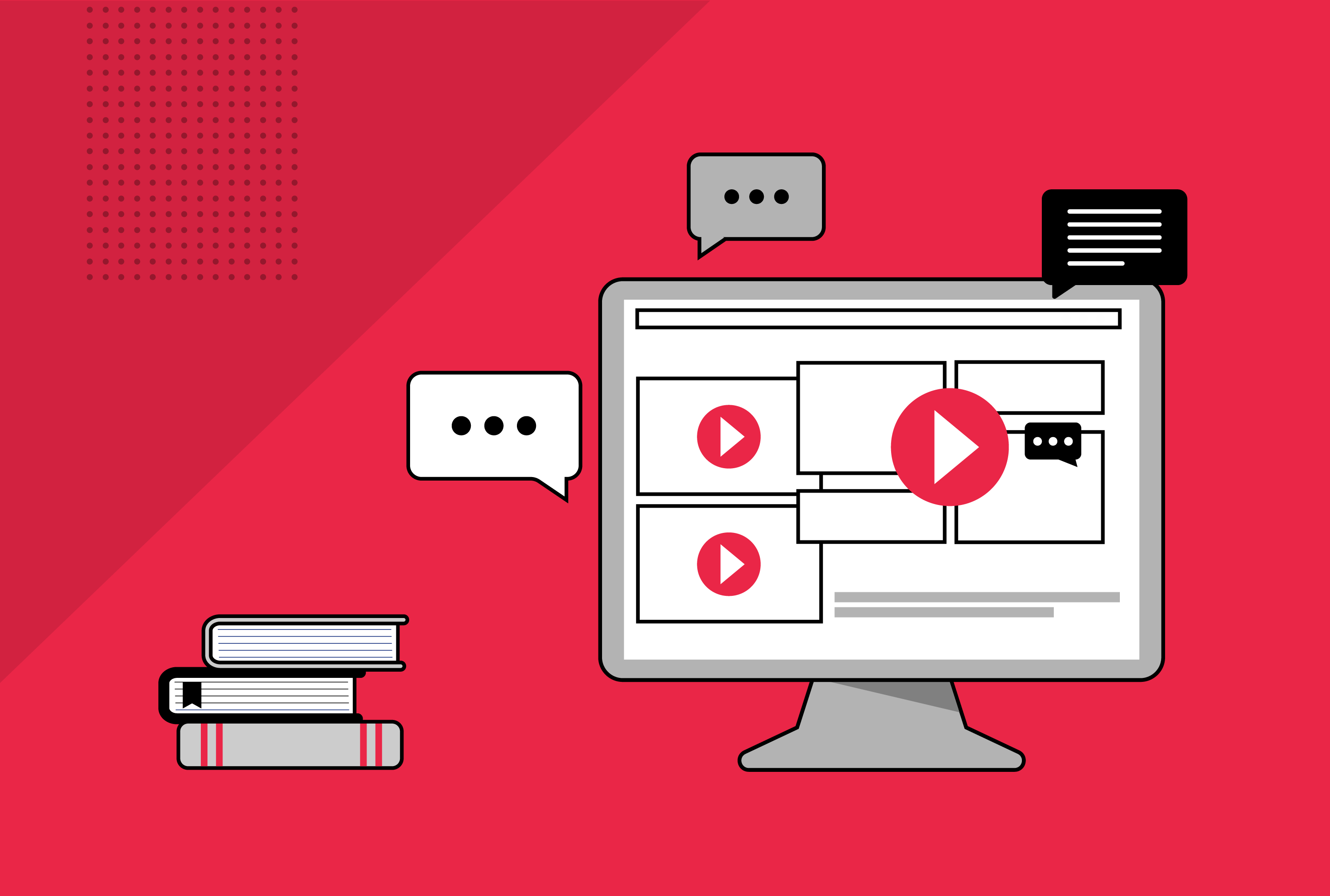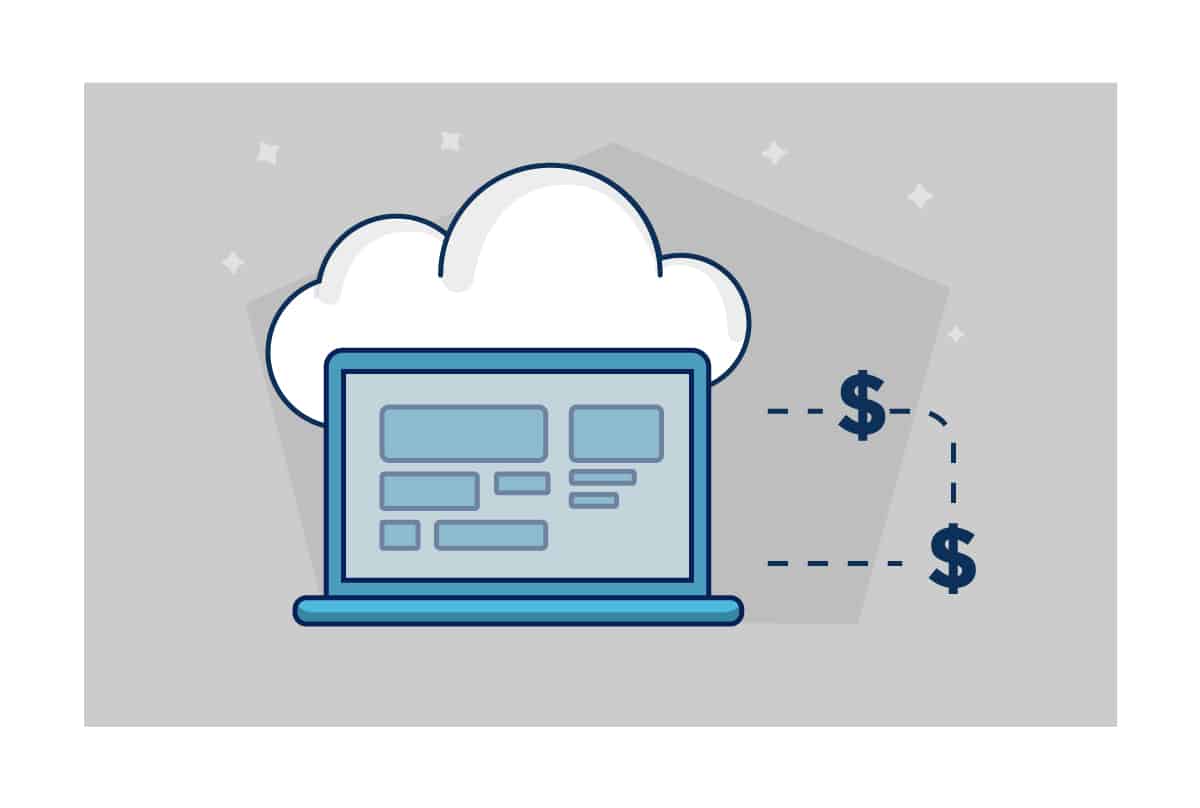Bryce Holdaway, the expert real estate investor and adviser, isn’t interested in nickel-and-diming his audience, and he isn’t interested in grooming them to buy course after course, either.
What he is interested in is building a community of people who want to gain financial independence—and even early retirement—through real estate investment.
Holdaway is one half of the successful Empower Wealth brand, which includes a property investment firm, a successful podcast, two books, and hundreds of hours of videos, workshops, and other resources.
He has been in the real estate business for almost 20 years, building his portfolio of properties while advising others in their investments. He’s gained notoriety as a public speaker and TV personality, as well.
Recently, he and his business partner Ben Kingsley released a master class.
“The goal was to provide quality at low cost rather than what we were seeing [in the market], which was high cost and low quality or a grooming process to get [subscribers] into buying the next property, which, ultimately, wasn’t serving the client or the purchaser,” Holdaway says.
Through all this, he and his team have kept one principle in mind: To find success with your paid offerings, first, you have to offer valuable content with no strings attached and build a community loyal to your corporate brand.
With the help of foundr’s Rapid Course Formula (RCF), Holdaway has found ways to hold to that principle as he expands into paid content.
Starting Out in Property Investment
It was 1994, and Holdaway was studying to be an accountant—a career he already knew wasn’t going to be the right fit—when he stumbled upon a segment on Australia’s Today Show on property investment.
The host was interviewing Australian residential property investor Jan Somers. She was plugging her book, Building Wealth Through Investment Property. Holdaway was immediately hooked by what Somers had to say.
“She was up at a whiteboard saying, ‘The tenant and the taxpayer pay most—if not all—the bills. This is why I bought investment properties and spun away to financial freedom,’” Holdaway says.
“And I remember thinking at the time, ‘Oh, my goodness, does everyone know this? Because if they do, everyone should be doing it.”
From that point on, Holdaway says, it became his mission to build his wealth through residential real estate.
He started a part-time property business in 1998.
“I was juggling going 9-to-5 in the accounting firm and doing property after hours and on the weekends,” he says. “And there came a point where I just pivoted and had more fun with property. And then that’s really been the last 20-plus years for me.”
Since then, Holdaway has built an immensely successful portfolio of investment properties. At the same time, he and his partner founded and grew Empower Wealth, an investment and financial services firm, and Moorr, a finance management app.
He has cohosted reality shows Location Location Location Australia and Relocation Relocation Australia, and he and Kingsley have launched a podcast, The Property Couch.
He’s also co-written two books, Make Money Simple Again and The Armchair Guide to Property Investing.
Their site boasts a library of videos and guides to help investors of all kinds.
What’s unique about Holdaway and Kingsley’s content is that most of it is free.
It’s a tactic Holdaway picked up from his friend, foundr’s Nathan Chan, and the RCF course. Through this class, students learn how to gather a community and build value by providing the majority of their resources for free, then charging for about 1 percent of their content.
“It starts with just providing value without asking [for anything] in return on a lot of occasions. It’s something that I know that foundr is passionate about.”
He notes that his industry is rife with influencers who use their content to pull prospects down the sales funnel, charging exorbitant fees for classes, ebooks, and workshops that simply groom customers for the next thing.
Building Trust Through Value
Often, Holdaway and Kingsley will leverage their podcast, The Property Couch, which boasts more than 10 million downloads since its 2015 launch, to build their email list and nurture those customer relationships through value propositions.
“It’s one thing to be in their earbuds, and it’s another thing to actually be able to create community access to an email address, send value, ask for nothing in return, build goodwill over time that allows us to establish ourselves with that brand currency,” Holdaway says.
They then started building a library of video content and wrote their books—Make Money Simple Again is a free ebook that has been downloaded more than 13,000 times from their website.
In fact, take a trip over to the Empower Wealth site, and you’ll find Free Stuff placed prominently in their nav bar.
Once they have proven the value of their content, only then is it time to promote the content behind a paywall. Holdaway says:
“Once you trust the messenger, you trust the message, right?”
“So if we spend as much time as we can building that brand credibility around the messenger, then when we have a course and we offer that to our community, that community takes that up because of all of the goodwill on the currency that we’ve earned over time.”
The Master Class
But even when they launched their master class, How to Build a Property Portfolio and Retire on $2,000 a Week, they didn’t charge right away. Instead, they offered a free three-day live event. And he promoted it through a shoutout on the podcast.
“I called out to the community and said, ‘Hey, I’m going to do a course; I’m going to charge for it later. But if you turn up in the next three days, we’re going to do it live for free. And you can get access to it for 48 hours afterward,’” Holdaway says.
He and his partner recorded the three live days and then broke them up into modules for the course. Later, they would edit the course to follow the step-by-step guidelines mapped out in foundr’s RCF.
“I think it’s a really good outcome because we’ve got the objectives, we’ve got all the downloads, we’ve got the description. The videos are there in an organized, methodical way that people can do at their own pace,” he says.
In the first seven days of launching the course, they attracted 620 students and netted about $193,000.
Since then, they’ve relaunched the course once more, attracting about 350 students, and they’re planning to do it again very soon.
Holdaway credits his first course’s success with the relationships his brand has built and the way they leveraged their podcast to promote it.
“What I said to folks is [that] if you leave me a review, and I read it out—and it doesn’t have to be five-star. If you’ve got a one-star, let me know. So what I did is I read out all these reviews, and then
I said, ‘Oh, thanks for the review. Here’s a free course,’” he says.
Essentially, they were killing two birds with one stone: They promoted their course while garnering reviews for The Property Couch.
“I’m at 1,991 reviews,” Holdaway says. “So I’m using that to help me get to 2,000. ‘And by the way, anyone who gives me a review, I’ll give you a free course.’ So I’m doing it again. I’ve done it on each and every one of those launches. And it’s a nice way to warm up the list and let them know that something’s coming.”
The Value of Email Marketing and Social Proof
Every Friday morning, Holdaway pushes out a value-proposition email to his entire email list. And he leverages that list to promote the course.
“My goal is always to collect an email address, so I’m collecting over 2,000 email addresses a month. And as you well know, that is the opportunity for me to build a relationship,” Holdaway says.
“When the live [course] came out, I just went out to my list and said, ‘Do you want to be a part of it?’”
Holdaway and Kingsley created a five-email campaign to entice their list about the course.
“The first email said, ‘Check your inboxes tomorrow. Something’s coming.’ And what I do is I put a PSD on the bottom that says, ‘Well, you’ve read this far. So I should reward you for reading this. So if you want a little early-bird look at what is happening tomorrow, here’s the link, and then go to the landing page.’ And that drove sales,” he says.
That was Monday. The following emails shared their experience, social proof, and FAQs. The final email was a scarcity play.
“And then that was all we did. So I was pretty happy that we almost got a six-figure launch without much fanfare.”
Keep Learning: Why Ethan Yong Left His Career to Build a Chili Oil Sensation
Next Steps for Holdaway
Holdaway and Kingsley are working on new courses for their audience to keep the momentum of The Property Couch going.
They’ve also turned their focus to their SaaS platform, Moorr. Moorr is an extension of their book, Make Money Simple Again, to help people create a passive income of $2,000 a week.
“We’ve developed an online resource that allows people to actually work out how to do this in 10 minutes a month,” Holdaway says. “So what we do is we give our book, MakeMoneySimpleAgain.com.au—that’s where you can go and get it for free. And then, as part of that, we say, well, that’s the step-by-step instruction guide, then you can go and get the platform on how to use it.”
Moorr currently has 32,000 users, and they’re aiming for 50,000 by the end of the year.
Holdaway jokes that his brand and all of its assets—from the content and courses to The Property Couch, Moorr, and Empower Wealth—have become the envy of banks and big tech alike. Banks covet the level of financial insight and trust from their customers, while tech companies such as Google and Amazon wish they had the level of intimacy Empower Wealth has cultivated.
“What we’ve done through building a community is allow us to have this beautiful level of intimacy, financial intimacy, with our community, where we’ve added value for so long that they now feel like they can trust the messenger,” Holdaway says.
You can get the same course that helped Holdaway grow his business. Click here to learn more.
